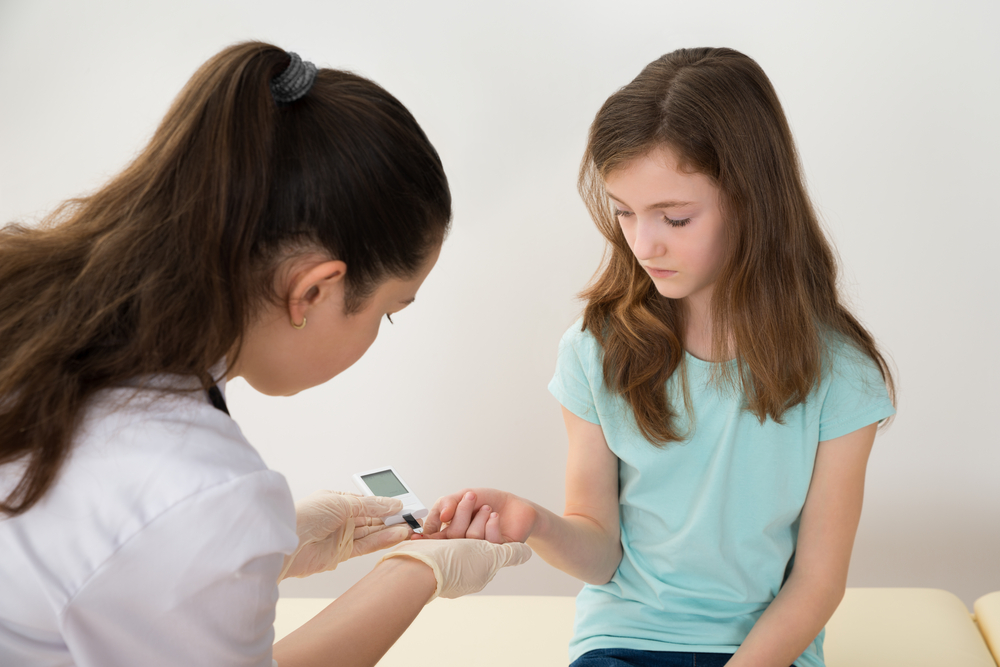As the 2023–24 school year begins—with the inevitable crowds and stresses of the season—these tips will help your children stay healthy for its challenges.
Keep a couple of good health apps on your child’s device.
These include coping tools for specific disabilities, plus:
- Reminders for medications to take during the school day
- Relaxation apps if stress is a problem
- Contact options to reach you in case of emergency
- Anything needed to update you on your child’s screen time
Don’t download a whole library of apps, though. Leave your child space for becoming familiar with important functions—and for finding any one app quickly.

Discuss individual concerns with your doctor and Individualized Education team.
If your child has health problems and/or is on an Individualized Education Program, you have even more back-to-school challenges than the average family. Arm yourself with a healthy supply of allies and objective advice.
Be clear (and stay updated) on official school health policies.
Review the whole list early on: the last minute is a bad time to learn that all students are required to bring their own hand sanitizer. And if your child has a specific reason (i.e., a doctor’s advice) for exemption from any health rule, clarify that with the school as soon as you can.
Find a good ergonomic pack for school supplies.
Even in the age of digital reading and writing, many kids still carry 20 pounds of school stuff. Ease the strain by checking that backpacks are well-balanced and well-padded—or get a rolling bag instead. Also, help weed out unnecessary items before each school day. And if your child has mobility or sensory disabilities that make “carrying” extra-difficult, consult an assistive-technology specialist.
Emphasize keeping up healthy eating, hydration, and physical activity during school hours.
When your kids are away from home, you can’t (and most teachers won’t) supervise what they actually eat or don’t eat, or whether they notice opportunities to build more steps into the day. So, the next best thing is to instill healthy habits into everyday life—and set an example yourself.
Establish healthy routines at home.
Autistic kids in particular often demand routine, but everyone needs it to reduce the stress of constant last-minute adjustments. Healthy school-related routines include:
- Going to bed at least eight hours before getting-up time (at least nine hours for kids under 13).
- Taking a couple of hours to wind down before bedtime (no high-energy snacks, screen time, or vigorous activity).
- Getting up, eating breakfast, and getting out the door (without rushing) at the same time each day.
- Having a set location and hour for homework (neither so early as to make it an unbroken continuation of the school day, nor so late as to interfere with bedtime routine).
Don’t hesitate to keep your kids home if they show symptoms of illness.
Time was when no parent would have needed this reminder, but the “gotta keep going to get ahead” mindset (and the difficulty of keeping adult caretakers on short notice) has taken a toll on society’s habits. Nevertheless:
- You have a responsibility to your child’s schoolmates, especially those with weak immune systems.
- Even with a minor cold, trying to work at normal capacity will impair the healing process—and vice versa.
You can reduce potential problems by raising the possibility with your child’s school—and your own employer—in advance. Plan your options for switching to remote learning/work.
Look out for mental, social, and emotional health as well as the physical.
It’s not only falls and germs that hurt kids’ well-being: overwork, discouragement, loneliness, bullying, and other stressors all pose threats. Make a priority of nurturing your children’s resilience.
- Assure them regularly that you love and support them. Emphasize this through regular together time.
- Give everyone (including yourself) full permission to make mistakes.
- Encourage your children to come to you with anything that’s bothering them. This will be most effective if you also cultivate an everyday healthy-talking-and-listening atmosphere in your home.
Do what’s right for your own child: don’t let yourself be peer-pressured into compromising.
Never mind who complains that you’re “spoiling” your kids, or who insists that “no one wears face masks anymore.” The only ones who can decide what’s best for your children are you; close loved ones and supporting professionals; and the children themselves. Do acknowledge and consider the children’s input. It’ll build self-confidence for even more healthy choices!

